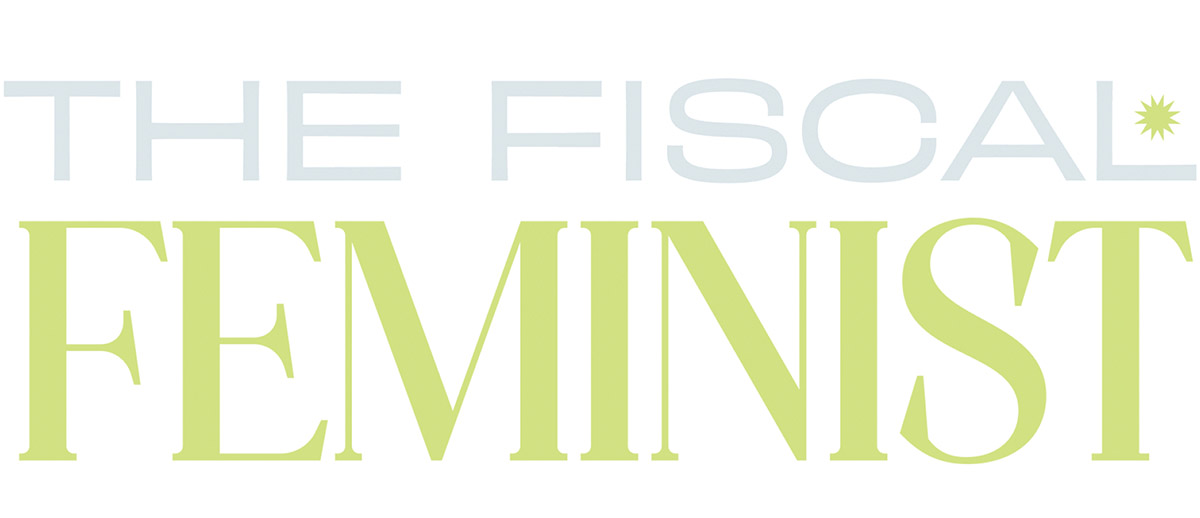Everyday unexpected events can happen in all of our lives that can totally change our reality in a minute! Nobody is safe from the vagaries of unexpected events that may cause upheaval in our lives. How do we protect ourselves from the upheaval caused by the unexpected, and lessen the turmoil?? We establish an emergency fund — which will soften the impact of a sudden crisis, and give you the space to think and react without worrying about paying for the basics of your life during a stressful time. Let’s discuss why establishing an emergency fund should be an urgent priority in your life, perhaps the most important thing you can do to stave off future hardship!
It Really is An Emergency – let’s look at the facts.
According to a report from the AARP Public Policy Institute (October 2019), despite the US having experienced a prolonged period of economic growth and record low unemployment, a significant percentage of American households are one unexpected event away from financial distress. The report states that:
- 53% of US households have no emergency savings account.
- The emergency savings challenge is widespread and includes 51% of people over the age of 50 and people at every income level.
- Household income alone does not determine whether someone has an emergency savings account.
The Federal Reserve reports for the sixth consecutive year, that approximately 40% of American households would struggle to cope with a $400 unexpected expense.
According to research from The Pew Charitable Trusts, 33% of American families say they have no money that they would call savings, including 10% who have incomes of $100,000 a year. “Americans have very little saved in preparation for financial shocks, putting many families at risk,” said Clinton Key, a researcher for Pew’s financial security and mobility project. “Our analysis shows that most families will be faced with a significant and possibly destabilizing unexpected expense at some point. It’s critical for families to build emergency savings.”
The hard-core reality is that a car repair, a medical bill, a loss of a job or reduction in hours, could disrupt many household’s finances and well-being.
Why is an Emergency Fund so important?
The old saying that “cash is king” is meaningful in many ways but it really resonates when we talk about the need for household liquidity.
What is liquidity???
The root of liquidity is the word liquid which means “a substance that flows freely but is of constant volume, having a consistency like that of water or oil.” A liquid asset in financial terms is defined as “cash on hand or an asset that can be readily converted to cash.” Cash is the most liquid asset while tangible assets such as real estate or fine art, are considered illiquid. The Federal Reserve considers liquid savings to include balances in checking and savings accounts; cash; prepaid cards; and stocks, bonds, and mutual funds (because these can be readily sold and become cash quickly).
Emergency savings are a form of liquidity, i.e., cash on hand. It refers to the ability to quickly deploy funds to deal with an unexpected emergency or event. The rule of thumb is to have three to six months of living expenses in an emergency fund savings account, in order to stave off disaster in the case of an unforeseen circumstance. The three-month period is related to the average term of unemployment due to job loss. But clearly, a six-month fund is preferable especially when you consider long-term unexpected medical events.
Evidence suggests that having liquid savings and an emergency fund, keeps household finances on track, even if there is an unforeseen event.
- Having an emergency fund confirms a certain mind-set – a strategic mindset that isn’t throwing caution to the wind and hoping it will all work out in the event something unexpectedly goes awry.
- In addition, being a buffer against financial hardship in the short-term, emergency savings contribute to long-term financial security because individuals with savings are less likely to incur unsecured debt and other high-cost financial bailouts that often result in long-term indebtedness or bankruptcy.
- Emergency savings protect the longevity of retirement assets. Frequently, when there is an emergency, people will rely on their retirement accounts to fund the cost by borrowing from it or taking early withdrawals.
- One survey found that 49% of employees expect that they will use their retirement savings for a nonretirement expense with 21% of loans from retirement accounts being taken to cover a financial emergency.
- Using retirement savings for rainy day expenses can result in incurring high costs in the form of lost interest and earnings, taxes, and financial penalties. Altogether, the effect of early withdrawals, and to a lesser extent loans from 401(k) plans and IRAs, is 20% lower aggregate retirement savings in the defined contribution retirement system.
- Borrowing against retirement accounts to fund emergency situations is essentially stealing from your future!
Are Emergency Funds only for high wage earners? NO!!!!
Regardless of income, an emergency fund is essential – we all have unexpected events! Americans at all income levels have no emergency savings accounts. Investopedia just reported that only one in four Americans earning over $150,000 per year has NO emergency savings, while many low-income families are able to save for emergency funds with budgeting and planning.
The old adage, the more money you make, the more money you spend, is absolutely correct, and hence, although one would think people who have higher wages would save more, that is not often true because they spend more. Approximately one in four families (26%) at all income levels will have at least three disruptions in a year. Annually a significant drop in income affects 17.6% of families, 6.2% of families experience an involuntary job loss, and 5.1% have a health-related incident.
Low-income families with savings are more financially resilient than middle-income families without savings.
How to make an Emergency Fund a Reality
- Prioritize having an Emergency Fund!
- Exercise discipline and make this a priority before spending on discretionary items. Ask yourself, is buying something you don’t actually need, worth NOT having an emergency fund in the event something unanticipated occurs? Is putting yourself and your family at risk worthy of this discretionary purchase?
- Automate your savings. Set up an automated amount of money to be transferred to your savings account every week or month, or per paycheck, to reach the 3-6 months goal of coverage. This way you don’t have to do anything, the money is automatically transferred. Check out https://americasaves.org/ for tips on how to make a plan for automated savings.
- Start with small short-term goals. Better to start with an achievable goal, such as $20 per week, than setting a goal you will find difficult to maintain such as $500 per month because it is too egregious. Get used to saving and feeling the benefits thereof. Once you reach your short-term goal of establishing your emergency fund, and you enjoy seeing your bank account grow, you can set a new goal for saving beyond the emergency fund. (I have said this before in my Fiscal Feminist Guide to Saving blog – please check it out for more savings tips)
- Stay the course! Do not give up on this goal because it could very well save you from a ruinous situation. Families with more savings have financial health and experience less hardship than families with little or no savings.
Establishing an emergency fund is one of the most important things that you can do for yourself. It will give you a safety net should life happen! When you are experiencing an unexpected situation, it will give you space to think and deal with the problem at hand, rather than worrying about how you are going to keep a roof over your head and pay for necessities while you are circumnavigating a challenging situation.
Get started today – do not delay – start building your emergency savings fund immediately!
Many thanks to Thu Nguyen, my mentee, for her research and contribution to this article.
By Kimberlee Davis, J.D., CDFA®
Kimberlee Davis is a Partner and Managing Director in The Bahnsen Group, a wealth management practice with offices in Newport Beach, California and New York City. She is also a Certified Divorce Financial Analyst.




